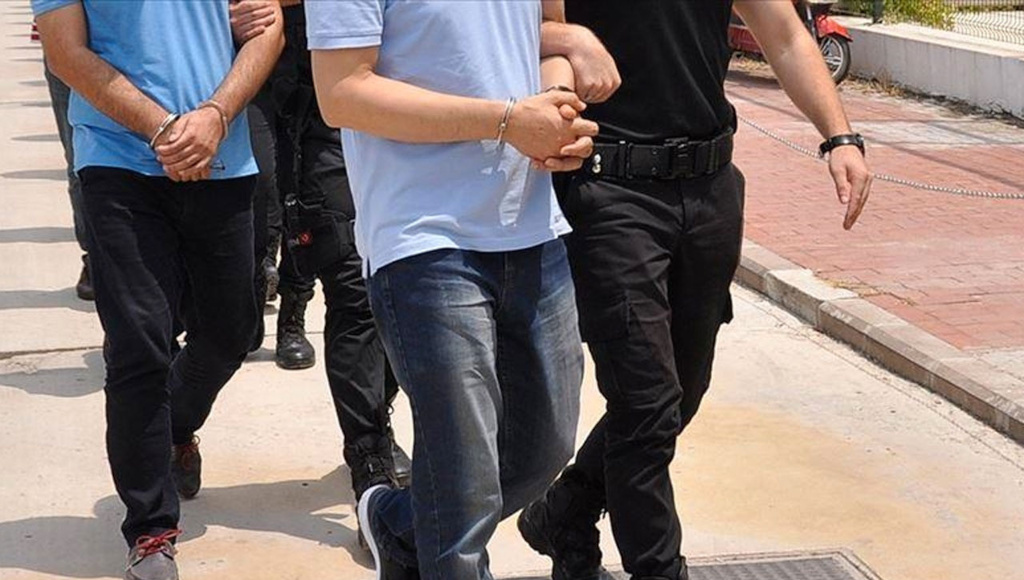Turkish prosecutors have over the past week ordered the detention of 68 people due to alleged links to the Gülen movement, the Stockholm Center for Freedom reported, citing local media reports.
The public prosecutor’s office in Çankırı on Tuesday issued detention warrants for 11 individuals. Suspects were accused of providing financial assistance to the families of people who were jailed due to their alleged links to the movement.
As part of an investigation launched the same day by the İstanbul Chief Public Prosecutor’s Office, detention warrants have been issued for 21 people on accusations that they used the ByLock messaging app, once widely available online and considered by the government to be a tool of secret communication among supporters of the movement. Turkish police have detained 20 of the suspects in operations in two provinces.
The UN Human Rights Council’s Working Group on Arbitrary Detention (WGAD) has repeatedly stated that arrest and conviction based on ByLock use in Turkey violated Articles 19, 21 and 22 of the International Covenant on Civil and Political Rights.
Turkish President Recep Tayyip Erdoğan has been targeting followers of the Gülen movement, inspired by Turkish Muslim cleric Fethullah Gülen, since the corruption investigations of December 17-25, 2013, which implicated then-prime minister Erdoğan, his family members and his inner circle.
Dismissing the investigations as a Gülenist coup and conspiracy against his government, Erdoğan designated the movement as a terrorist organization and began to target its members. He intensified the crackdown on the movement following an abortive putsch that he accused Gülen of masterminding. Gülen and the movement strongly deny involvement in the coup attempt or any terrorist activity.
The İstanbul Chief Public Prosecutor’s Office on Wednesday issued detention warrants for 36 people including active duty and former military officers as well as former military cadets due to alleged Gülen links based on payphone call records. Twenty-one people were detained in police raids in 10 provinces as part of the investigation.
The so-called “payphone investigations” are based on call records. The prosecutors assume that a member of the Gülen movement used the same payphone to call all his contacts consecutively. Based on that assumption, when an alleged member of the movement is found in call records, it is assumed that other numbers called right before or after that call also belong to people with Gülen links.
Following the abortive putsch, the Turkish government declared a state of emergency and carried out a massive purge of state institutions under the pretext of an anti-coup fight. More than 130,000 public servants, including 4,156 judges and prosecutors as well as 29,934 members of the armed forces were summarily removed from their jobs for alleged membership in or relationships with “terrorist organizations” by emergency decree-laws subject to neither judicial nor parliamentary scrutiny.
A total of 319,587 people have been detained and 99,962 arrested in operations against supporters of the Gülen movement since the coup attempt, Turkey’s Interior Minister Süleyman Soylu said in November.
In addition to the thousands who were jailed, scores of other Gülen movement followers had to flee Turkey to avoid the government crackdown.
